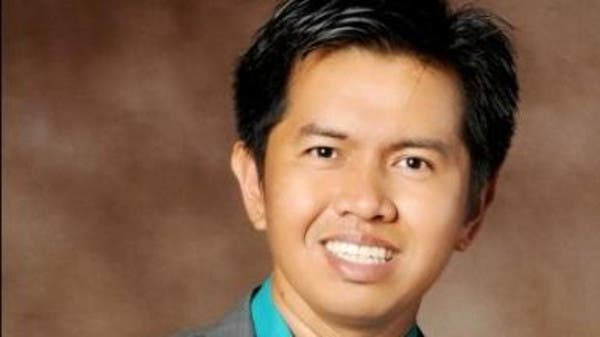Recently, there have been some fascinating developments in the field of halal science, a discipline that focuses on ensuring that products and services are compliant with Islamic law. One such development is the recognition and accolades received by an Indonesian professor for his contributions to the field. The professor, whose expertise lies in the area of halal science, has been awarded the prestigious 2018 King Faisal Prize.
Recognition for Outstanding Contributions
This renowned professor has made significant advancements in the field of halal science, which is instrumental in certifying food, medicines, and other products as halal or permissible according to Islamic law. His pioneering research and dedication have earned him international recognition and respect in the academic community.

The professor's groundbreaking work has helped streamline the halal certification process, ensuring that halal products meet the highest standards of quality and compliance. This not only benefits consumers who seek to consume halal products but also provides economic opportunities for businesses aiming to tap into the global halal market.
The Importance of Halal Certification
Halal certification plays a critical role in assuring Muslims that products and services are in accordance with Islamic dietary laws. It provides them with the confidence to make informed choices, knowing that what they consume aligns with their religious beliefs.
In many countries, including Indonesia and other predominantly Muslim nations, halal certification is mandatory for food products. However, even in non-Muslim-majority countries, the halal market is expanding rapidly, with an increasing number of consumers seeking halal-certified products due to various factors such as health, ethical considerations, or personal preferences.

The First Halal Laboratory in the Philippines
Continuing the exciting trend of advancements in halal science, the Philippines recently witnessed the inauguration of its first-ever Halal Laboratory. This state-of-the-art facility is a significant milestone for the country, as it aims to provide reliable halal testing services and ensure the integrity of halal-certified products.
The establishment of the Halal Laboratory is an essential step not only for catering to the needs of the Muslim population within the Philippines but also for fostering international trade and promoting the country as a halal hub in the region.
The laboratory will serve as a valuable resource for businesses, enabling them to obtain accurate halal certification for their products and enhance consumer confidence. This, in turn, is expected to boost the halal industry, contributing to the country's economic growth and providing employment opportunities.
Conclusion
As advancements in the field of halal science continue to gain recognition and momentum, the significance of ensuring halal compliance cannot be overstated. The groundbreaking contributions of the Indonesian professor and the establishment of the Halal Laboratory in the Philippines are testament to the growing importance and global impact of halal science.
With the expansion of the halal market and the increasing demand for halal-certified products, these developments pave the way for a more inclusive and diverse marketplace. Consumers around the world, regardless of their cultural or religious backgrounds, can benefit from the assurance that the products they consume adhere to stringent halal standards.
In conclusion, the advancements in halal science not only promote religious adherence and consumer confidence but also foster economic growth and international trade. As more countries and individuals embrace the significance of halal certification, the global halal industry continues to flourish.
